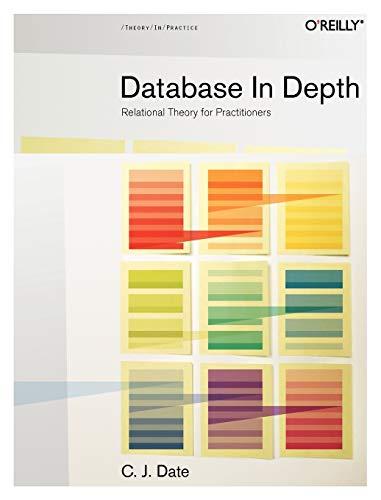Question
char* zigzagMerge(const char *s1, const char* s2) { /* create and return a new c-string by merging (putting in one) s1 and s2 in zigzag
char* zigzagMerge(const char *s1, const char* s2)
{
/* create and return a new c-string by merging (putting in one) s1 and s2 in zigzag form.
Example, zigzagMerge of "abc" and "defgh" will be "adbecfgh"
*/
}
bool isAnagram(const char *s1, const char* s2)
{ /* returns true if s1 and s2 contain same distinct characters apearing same number of times in both s1 and s2 otherwise returns false That is, this function returns true if s1 and s2 are permutations (re-arrangements) of same characters */ }
//Test zigzagMerge function
cout << endl;
char *s3 = zigzagMerge(s1, s2);
cout << "The zigzag merge of " << s1 << " and " << s2 << " is " << s3 << endl;
//Test isAnagram function
cout << endl;
char s4[] = "htsemsaesuatscs";
bool flag = isAnagram(s1, s4);
if (flag)
cout << s1 << " and " << s4 << " are anagrams" << endl;
else
cout << s1 << " and " << s4 << " are not anagrams" << endl;
Specifically, I am not allowed to include string, cstdlib or math libraries. Also, I am not allowed to use any built-in functions of c-strings.
here is the ideal output:
The zigzag merge of massachussettes and abmaachu is maabsmsaaacchhuussettes
massachussettes and htsemsaesuatscs are anagrams
Step by Step Solution
There are 3 Steps involved in it
Step: 1

Get Instant Access to Expert-Tailored Solutions
See step-by-step solutions with expert insights and AI powered tools for academic success
Step: 2

Step: 3

Ace Your Homework with AI
Get the answers you need in no time with our AI-driven, step-by-step assistance
Get Started


